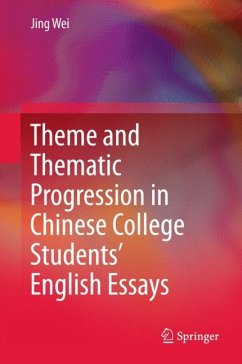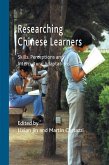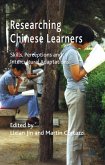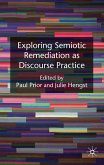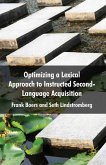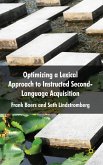This book focuses on how instruction affects English learners' use of Theme and thematic progression (thematic organization). While thematic organization in learner English has been extensively studied, little research has been done to investigate the effects of instruction on the use of Theme and thematic progression. Adopting a Systemic Functional Grammar approach, this study explores how a ten-week instruction on thematic organization affects Chinese college students' use of Theme and thematic progression by comparing their English essays before and after the instruction, with native-speaker essays as the research baseline. Second-language acquisition researchers, curriculum developers and foreign language teachers will find this book useful as it not only presents a clear and detailed report of how Chinese college students learn to make better thematic choices, but also provides a well-developed instructional package on Theme and thematic progression.

